
Announcing RIPE Atlas VM Anchors
• 4 min read
After a successful pilot project and a period spent gathering feedback from the community, RIPE Atlas Virtual Machine (VM) anchors are a go. Anyone out there who wishes to host a virtual RIPE Atlas anchor can do so starting today. Here's everything you need to know to get started.




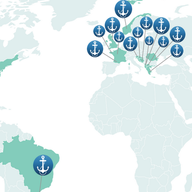
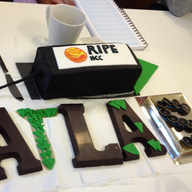
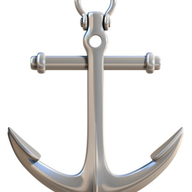
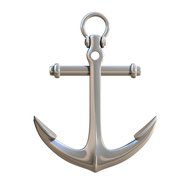
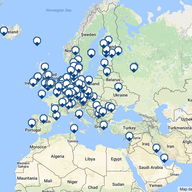

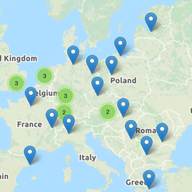
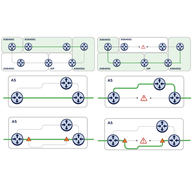

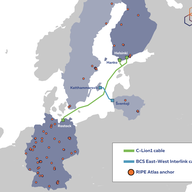
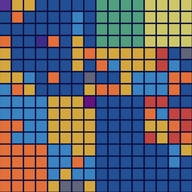

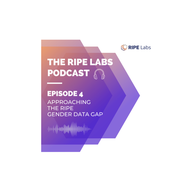

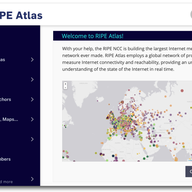





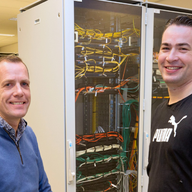

I'm sorry to see that the tone of the article has infuriated some of our readers. Speaking for RIPE Labs, our only goal is to give people in the community a space where they can express views on community-relevant topics. That's important to us - but we do understand that there will sometimes be disagreement and debate over the views expressed. We would of course be equally happy to publish an article making a positive case for the use of personal ASNs.
“great podcast! is there a way to get a subtitles?”
Thanks Maxim! And good suggestion - we have been looking into ways to do this. Watch this space!
“Hi, first Link on this page (https://atlas.ripe.net/docs/software-probe/) is broken.”
Thanks Jan - that's due to the recent update of the RIPE Atlas documentation. Fixed now!
“Hi. Could you please share sample articles so that we get better idea on what is the expectation of one”
Hi Sankalp - no problem. All the articles that have been submitted so far can be viewed on the main competition page: https://labs.ripe.net/competitions/the-ripe-labs-article-competition/
“Has RIPE considered removing the routing information for Russian IP space - cutting Russia off from the internet at large?”
Hi Alexis - here's a link to a statement the RIPE NCC Executive Board published yesterday: https://www.ripe.net/publications/news/announcements/ripe-ncc-executive-board-resolution-on-provision-of-critical-services
Interested readers might want to take a look at the follow-up discussion currently taking place on the RIPE NCC Services Group Mailing List: https://www.ripe.net/ripe/mail/archives/ncc-services-wg/2021-May/thread.html
“When I and my journalistic colleague, Jan Vermeulen of MyBroaddband.co.za began our investigations into this colossal and truly epic malfeasance and theft of valuable IPv4 resources in mid 2019, the notion of either of us becoming famous or of receiving any credit for unraveling and publicly documenting this gigantic scandal was not what motivated us, nor has it been, since the beginning. Rather, we merely wished to right some wrongs and return to the people of Africa some IP resources critically needed for the ongoing development of the Internet in Africa. Nonetheless, it would have been, I think, at least minimally respectful if either AFRINIC or (now) RIPE had taken a moment to at least mention our names and our very evident, abundant, and key contributions towards exposing this whole huge mess. Neither organization, it seems, has thus far elected to do so publicly. Such is the reward, or lack thereof, of a job well done.”
Sorry for the oversight. I've updated the article with some additional information and a link so readers can find out more about how the news emerged.
“The link to the full AFRINIC whois audit report is not working.”
Thanks Wessel! Should be working for everyone now.
“small (almost rhetorical but not really) question. do you assume these outages were created manually on request of state regulator?”
As we say, our purpose here is really to see what our data has to tell us about the scale and impact of the outages. Nothing in the data we've been looking at determines what caused the outages.
“Any info about traffic packet loss from probes?”
Good question. Arriving at a proper answer to this would require looking at all measurements from all probes for the past four days to find out if any observed packet losses is related to the outage or to other issues in the path to the destination. From a first peek at one probe that disconnected for two days and came back, it seems that (some/all?) IPv4 pings did make it through all the time. IPv6 on the other hand had 100% packet loss. See: https://atlas.ripe.net/probes/25114/#tab-builtins
Showing 24 comment(s)